
The COVID-19 pandemic has sent shockwaves throughout every business and industry. Now that it's October, we have a chance to see what different companies have done to adapt to the virus. To find out more, I sat down with Kensium's VP of Client Engagement, Ted Stenstrom, to explore the adjustments merchants have taken to compete in the "New Normal." Ted has over ten years of experience selling eCommerce solutions and is a walking encyclopedia when it comes to knowledge about the industry.
Isaac Herman (IH): I'm here with Ted Stenstrom, VP of Client Engagement and our resident sales guru here at Kensium. Ted, thanks for being here.
Ted Stenstrom (TS): Pleasure to be here and thank you, Isaac.
IH: It's a genuinely uncommon year, and eCommerce has become much more of a primary selling channel for many companies. I read a quote online: "What we predicted for the eCommerce industry in 2030 has been pulled into 2020." Can you comment on that?
TS: Ecommerce has been accelerating for years, and now I think this pandemic has accelerated that curve by about three to five years. I believe companies have been pushed for many reasons to jump into these initiatives, make investments, and take a hard look at how they're doing business today, and some are adapting faster than others.
So, we're seeing this acceleration of first-time players adopting commerce - players that have traditionally been retail. Then we're seeing acceleration with customers that are doing exceedingly well in the commerce space now, most notably traditional distributors and wholesalers, but its only 5-10% of their business. So, they see the opportunity to expand that.
IH: Do you think there's any hope for brick-and-mortar retailers after we're past this pandemic?
TS: Will they come back? I think so, but not as we've seen it before. We already saw shifts in the retail marketplace. We don't see many of our customers putting up more and more locations to expand the business anymore. That used to be the way to expand in retail, but I do not see that model coming back. Now it's the idea of the Flagship Store, where customers can go and try stuff out and interact with the brand. The Apple Store is a great example.
I see hybrid retail/online business models on the horizon. These distributors and wholesalers we work with are investing heavily in the online channel.
IH: It's fascinating to observe companies who have been delaying their digital transformations, and suddenly, it's becoming very real, very fast.
TS: I like how you just said, "it's becoming very real, very fast." There's a genuine fear that companies are going out of business. This is not a time for companies to be saying stuff like "we'd like to enable another channel. We'd like to see if the Amazon model makes sense". Now it's like "We need to move now, or there's a very real risk we won't be here in six months." That's a huge driver that I wouldn't wish on anybody. Some companies have been open for over twenty years, and now they're in real peril of going out of business. They need to make all these technology decisions, correct decisions, to stay competitive now.
I really feel for companies that need to select a commerce platform. It is a very challenging, daunting task to figure out the right system. And that's in good times! You've got all this noise - these software salespeople telling you that the platform does everything under the sun, and once they buy it, those guys are gone.
IH: When COVID first hit, how did you react and prepare for its effects on the market?
TS: This time is unique in so many ways. We've got COVID, obviously, and the economic downturn it had a hand in creating. This downturn has hit businesses because it created a bifurcated market: some companies are thriving and doing better than ever, and some are going out of business.
Recessions are a normal part of the business cycle, and frankly, we're well equipped to prepare and deal with those. This is different because it hit us full force out of nowhere. I remember thinking after the NBA shut down, "all bets are off."
IH: That's how I knew.
TS: (Laughs) That seemed to be the domino, that people were saying "Holy cow, if the NBA is shutting down this is for real," and the thing just started to topple from there… It hit us in several different ways. First and foremost, it was the health and security of employees, shutting the office down, and getting people enabled online. It wasn't a massive challenge for us, since we already had almost everyone enabled for remote work, but for some of our customers, getting everyone online is a big job and has been more difficult.
IH: As I see it, currently there are two competing philosophies: You may be a company that wants to invest in your digital channel but realize that would require some time and money. Then there's the idea that you need to "hunker down" and save as much money as possible while you ride the pandemic out.
In sales, how do you frame this decision to potential customers?
TS: We make clear that their decision means a long-term partnership with us. There is some outstanding technology out there, but there's a lot of garbage too, and you need someone to help you sort through it.
There are a couple of aspects to any system decision. There's the software platform itself. We don't create these platforms ourselves, but we work with two providers, Magento and BigCommerce. So that's a massive difference-maker for this type of decision: Magento has more functionality, but you're going to need more development done, and it's a little more complicated. Whereas BigCommerce requires less IT support if you're a smaller company, and it's more "turnkey." So BigCommerce can serve as a bit of a happy medium for companies worried about time and expense but who realize they need a digital upgrade.
IH: What does it mean when a platform is "turnkey"?
TS: It has all the features, functionality, administration capabilities, content management– all of that is included with the platform, and you pay a monthly fee. You don't need to support it or have an IT staff; it's all managed by BigCommerce. Magento is a more traditional model in which you're buying the software and you own the code. So that means you can do anything you want with it, but it could also mean a lot of potential costs and complexities. You're going to need a partner to help with that.
IH: How meaningful is the business-technology partner relationship when implementing a new eCommerce platform?
TS: Selecting a partner gets tricky. Most implementations live and die based on this partner-customer relationship. I've seen great software platforms in failed implementations. You must work with an organization that understands the software, has a deep relationship with the software publisher, and knows how to adhere to the implementation per the customer's requirements. When we come in as a partner, we need to know the features and functions that the business needs to accomplish their vision. Then we tailor our implementation to those needs.
IH: Final question, and probably the most important: Have you picked up any hobbies to keep you sane during the pandemic? I've started to learn to draw, badly, for example.
TS: Well, it has been cool to be able to spend time all day with my daughter while I've been working from home, and as a result, I've gotten good at Paint by Numbers. (Laughs) Honestly, my daughter will get bored, but I need to stay and finish painting. My wife has come down late at night, and I'm still painting. It's pretty relaxing. I can listen to some music and sort of turn my brain off while I do it. Turning your brain off is a lost art, more people should do it.
IH: I totally agree. Thanks for taking the time to talk to me Ted, this was a great conversation.
TS: You're welcome! And hopefully, this helps anyone trying to figure out the best way to handle our "new normal."








.png)




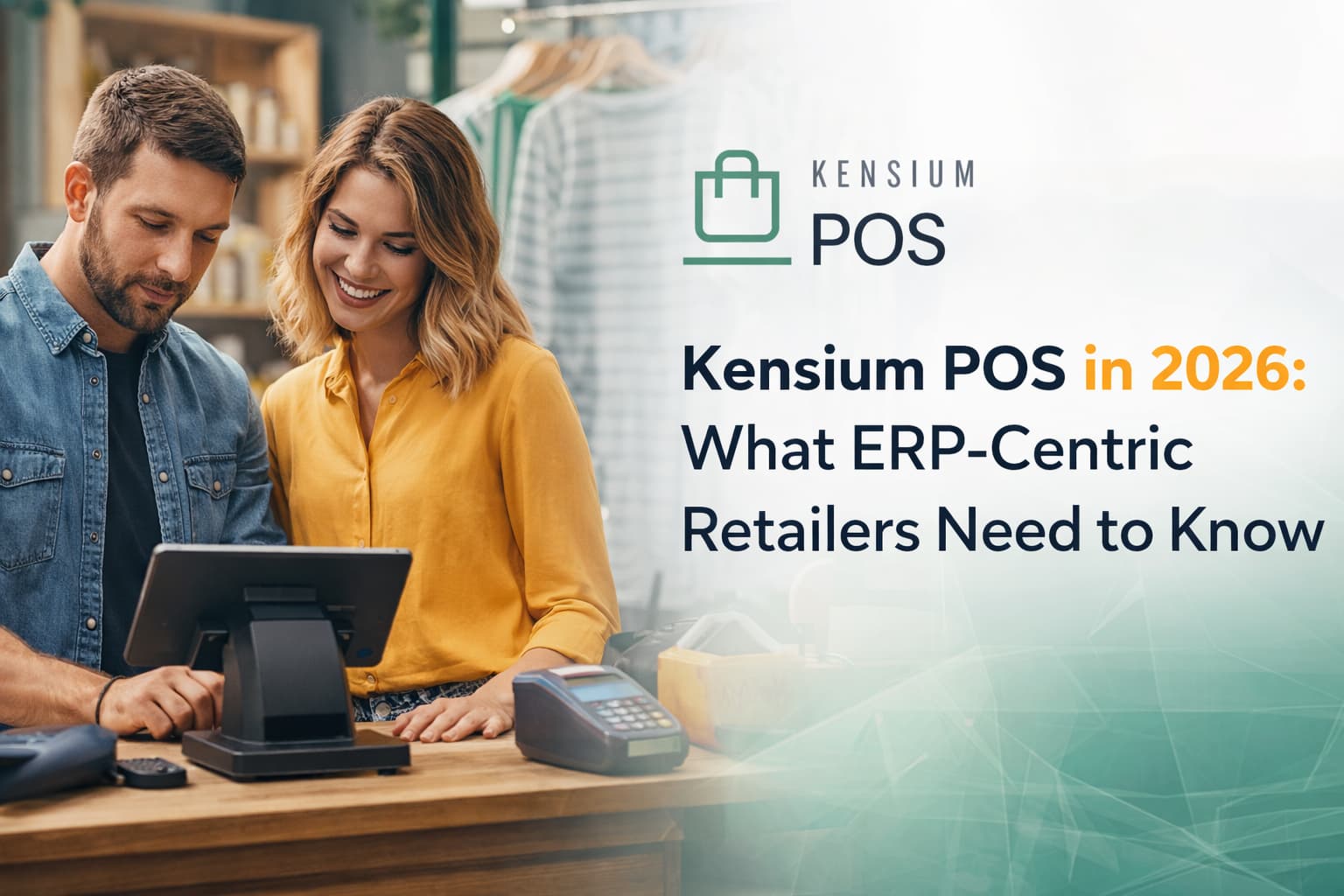
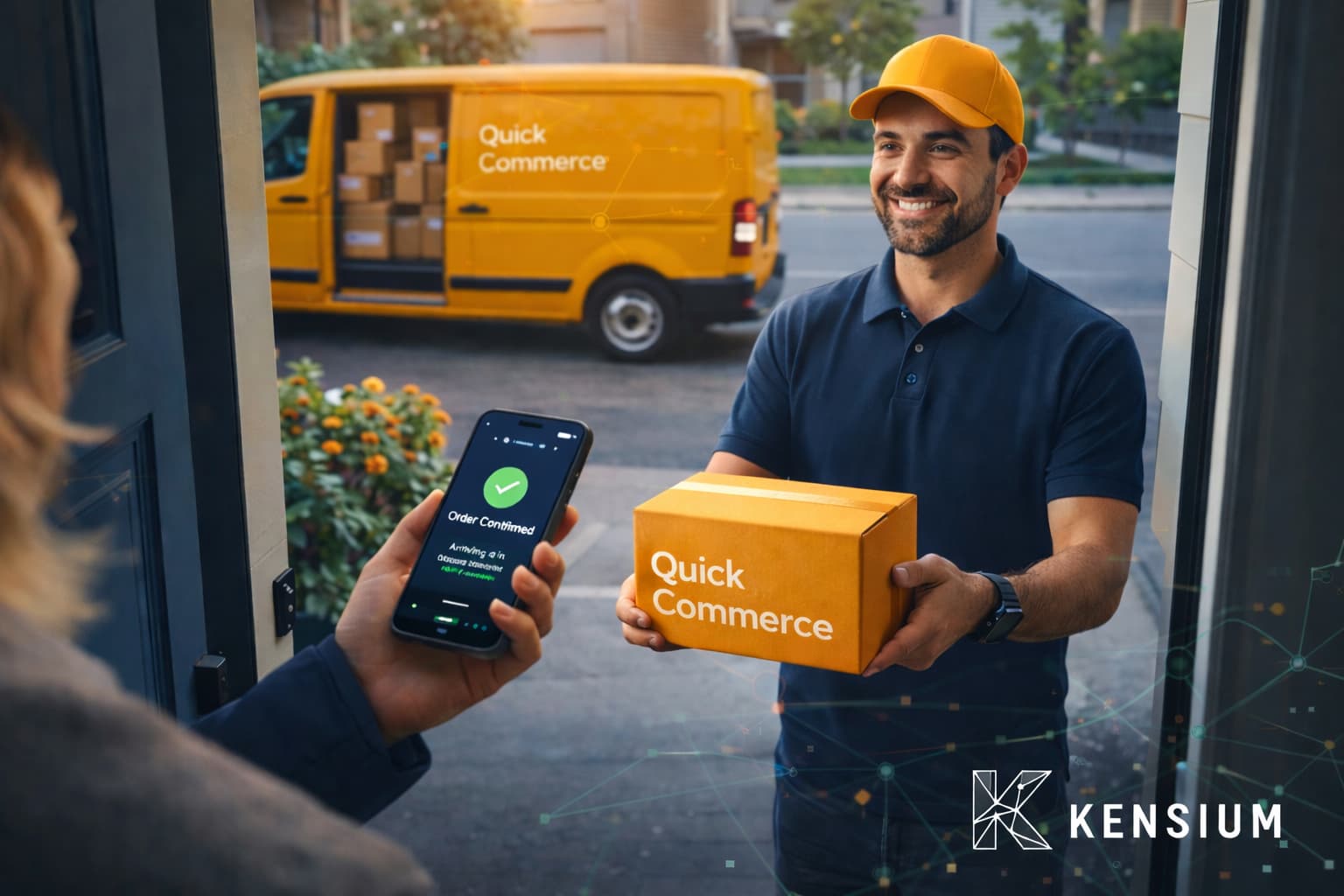


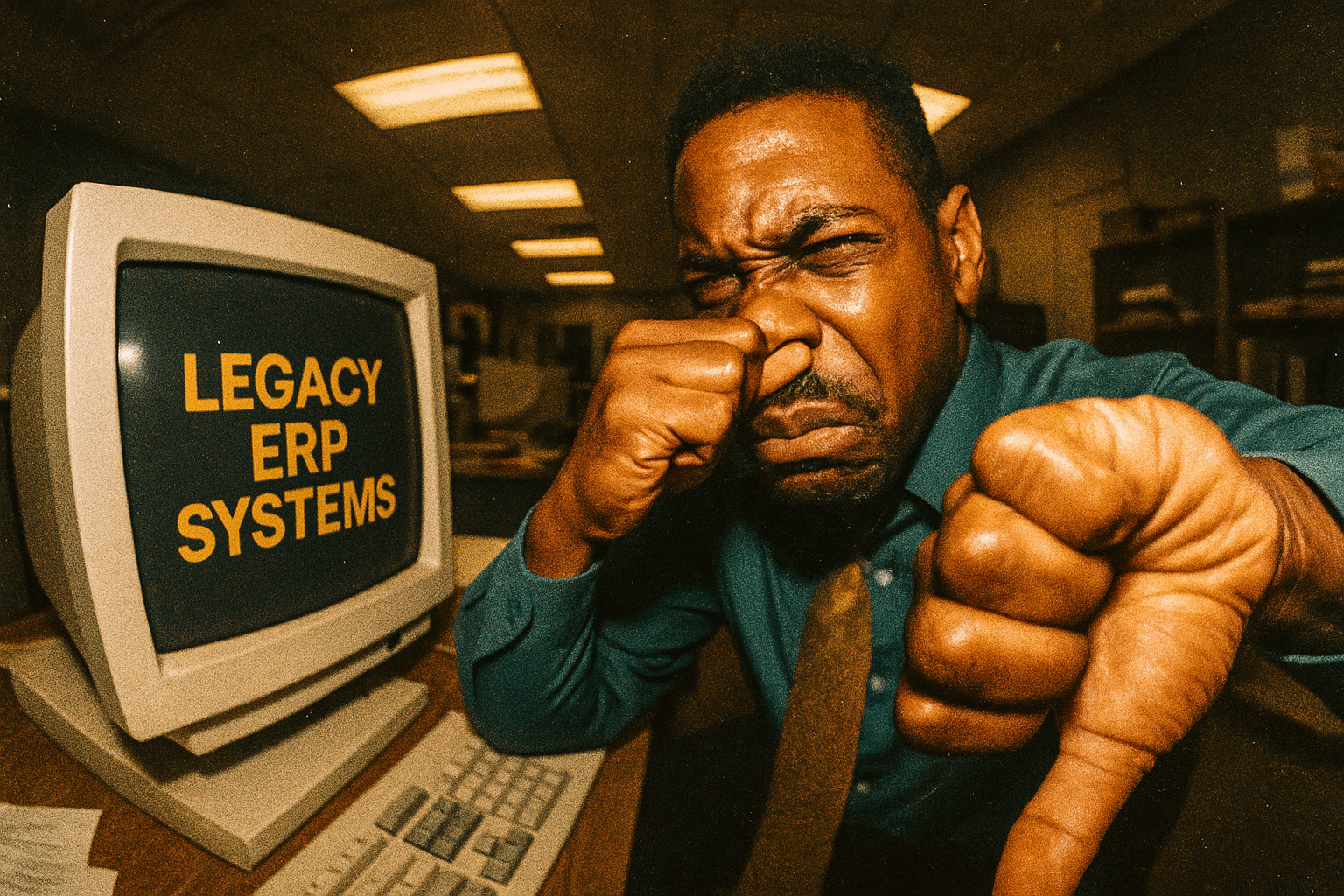

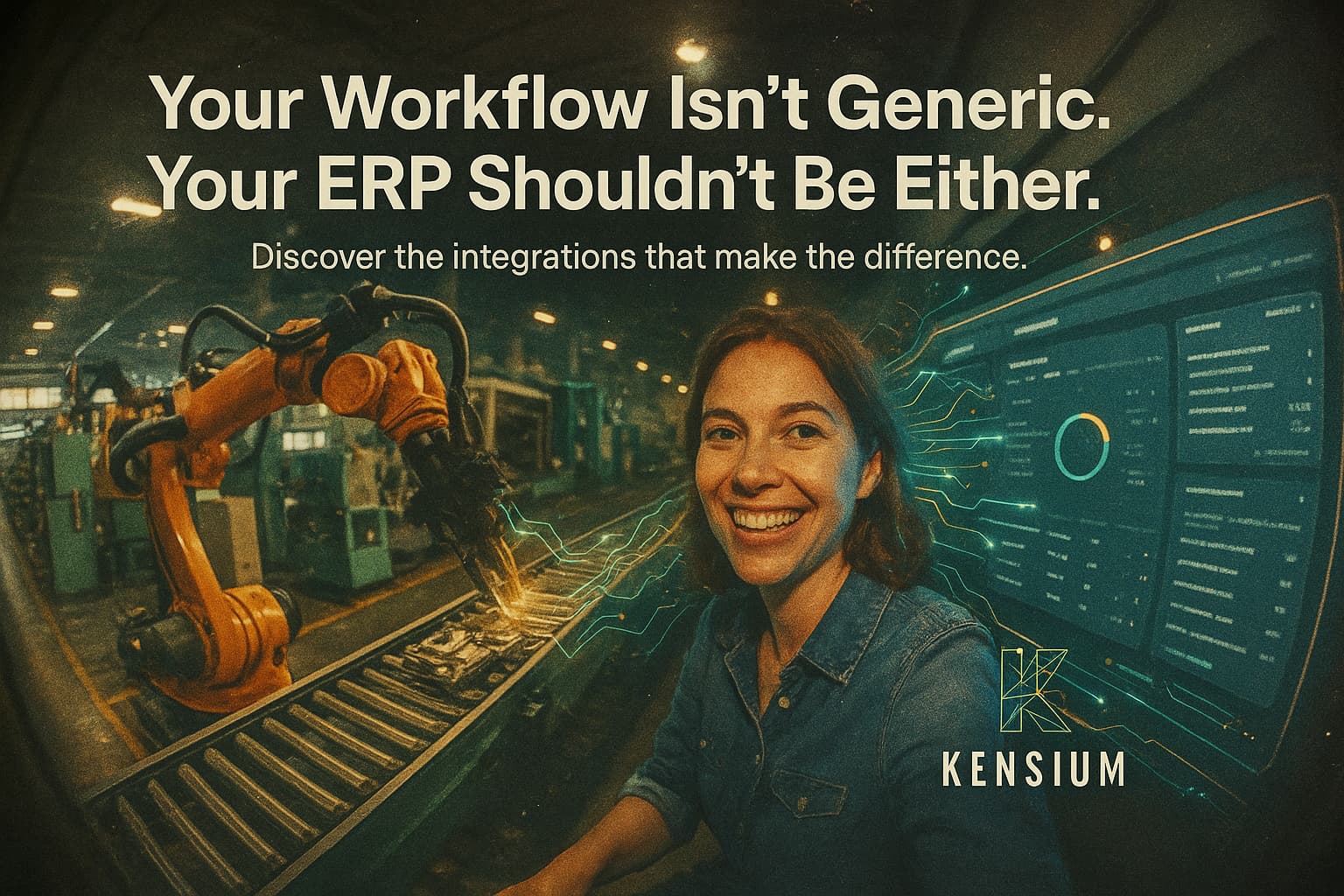
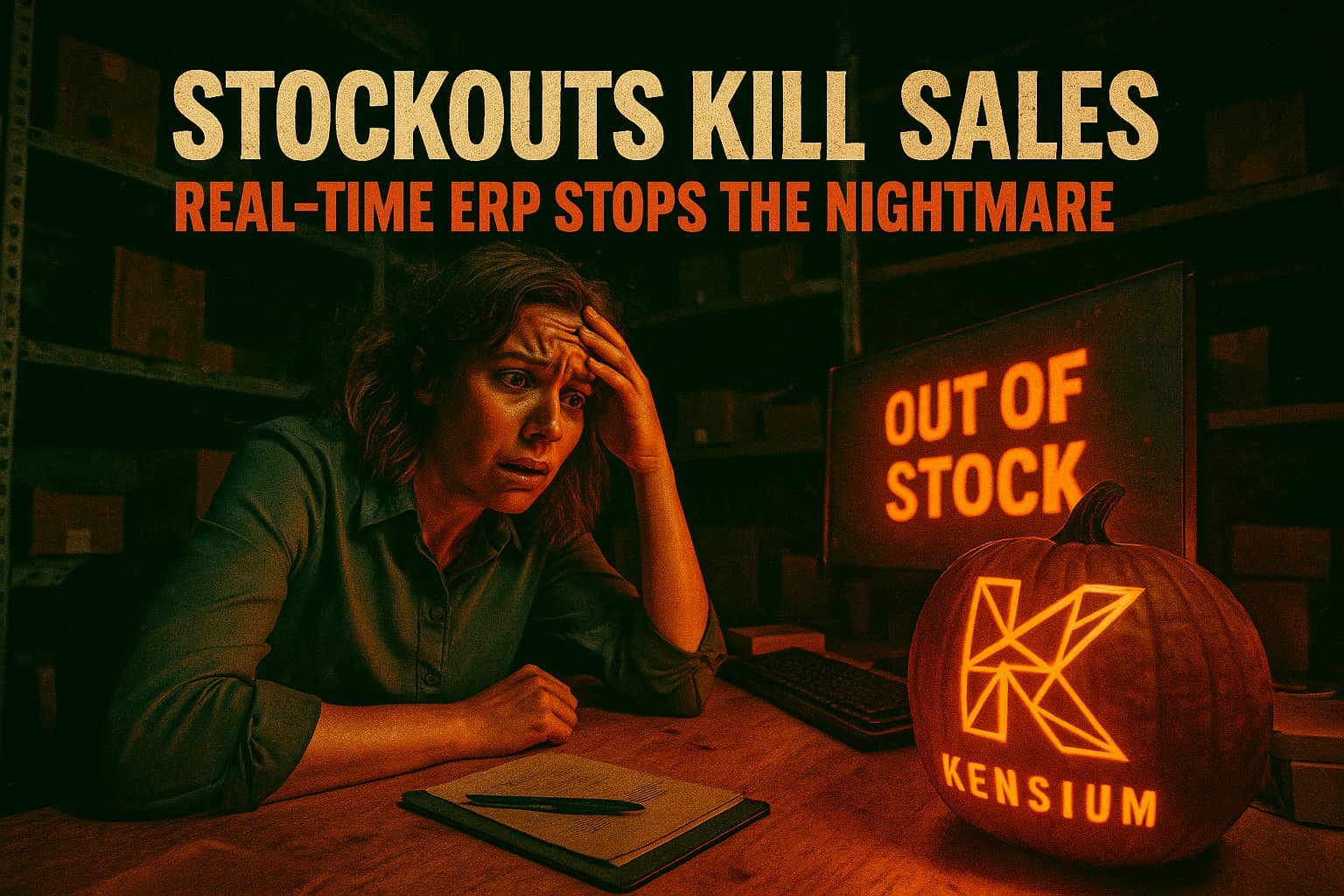
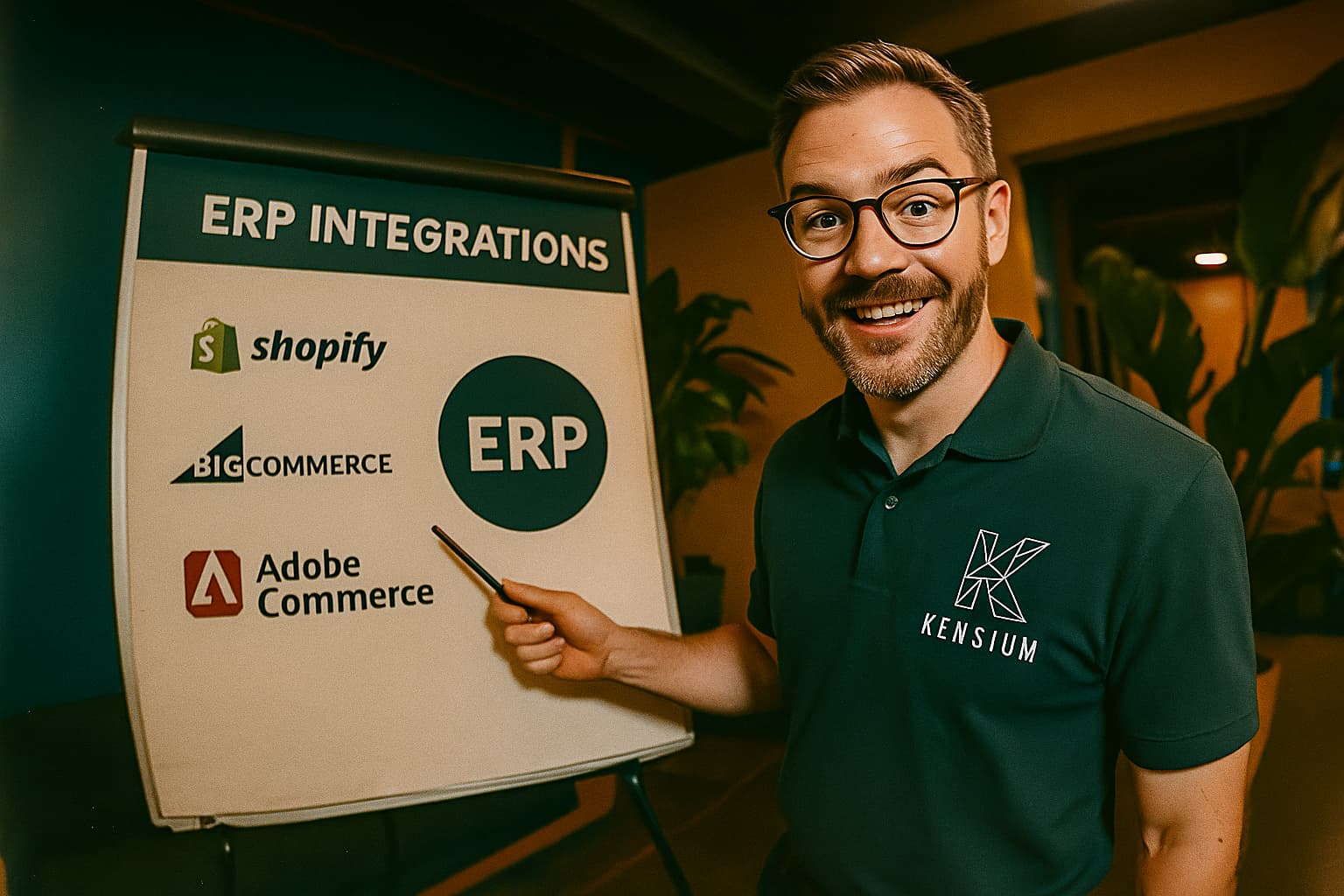

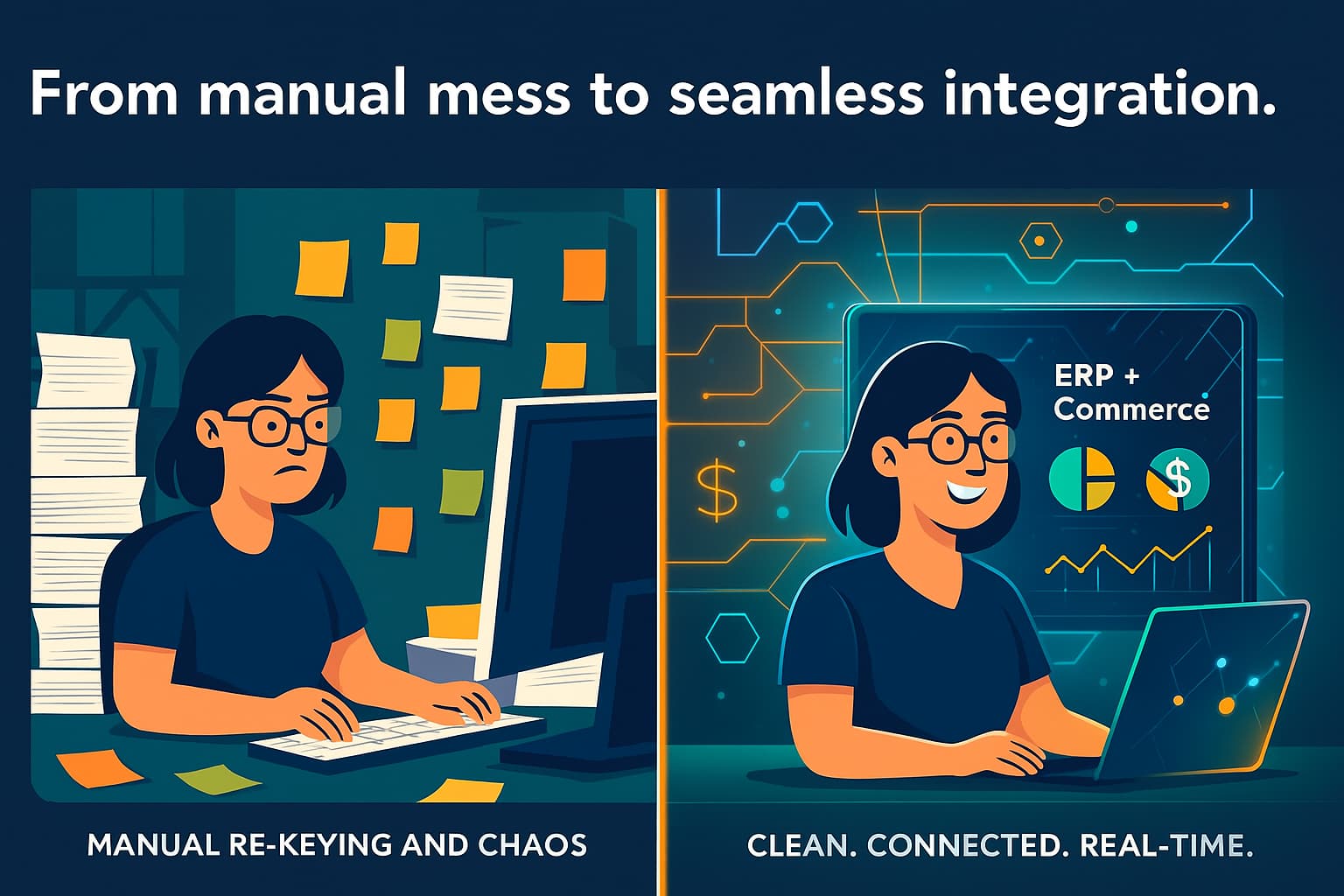

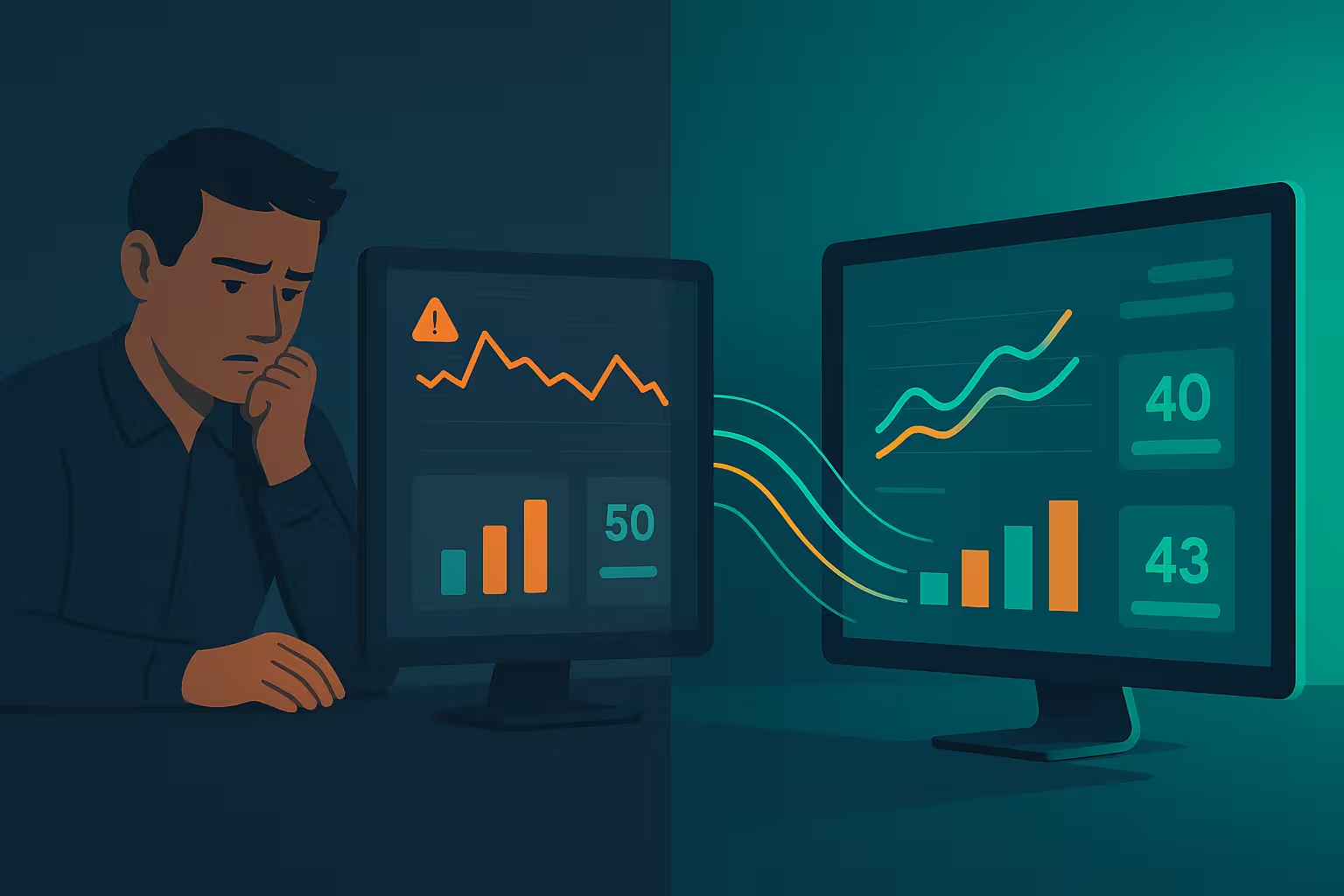














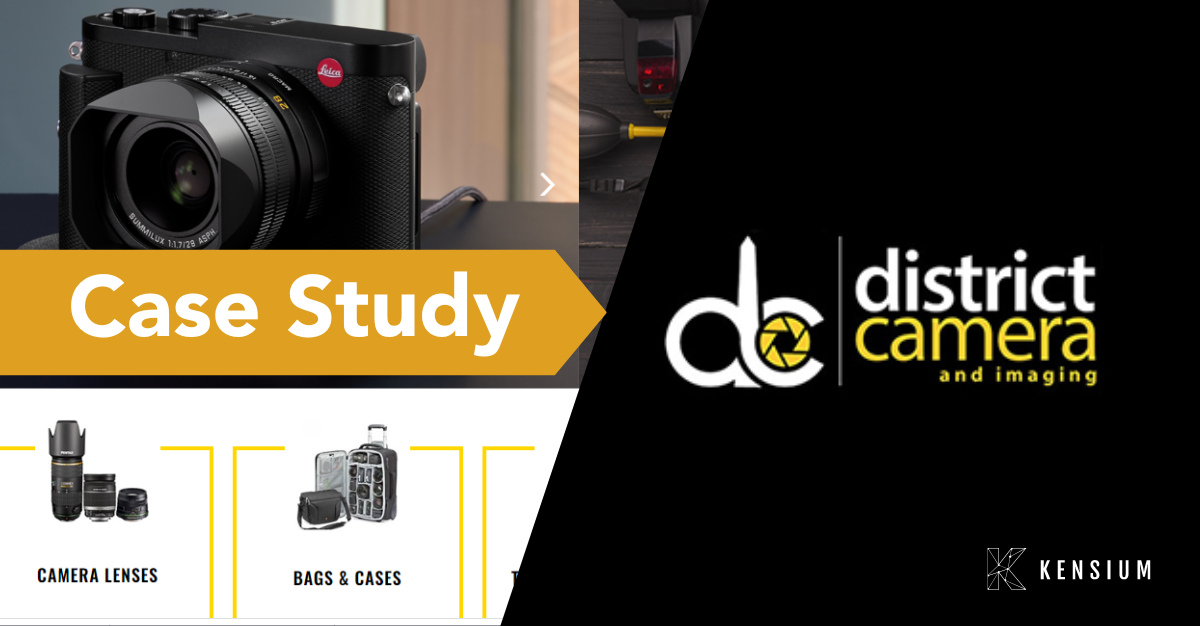



















-small.jpeg)







